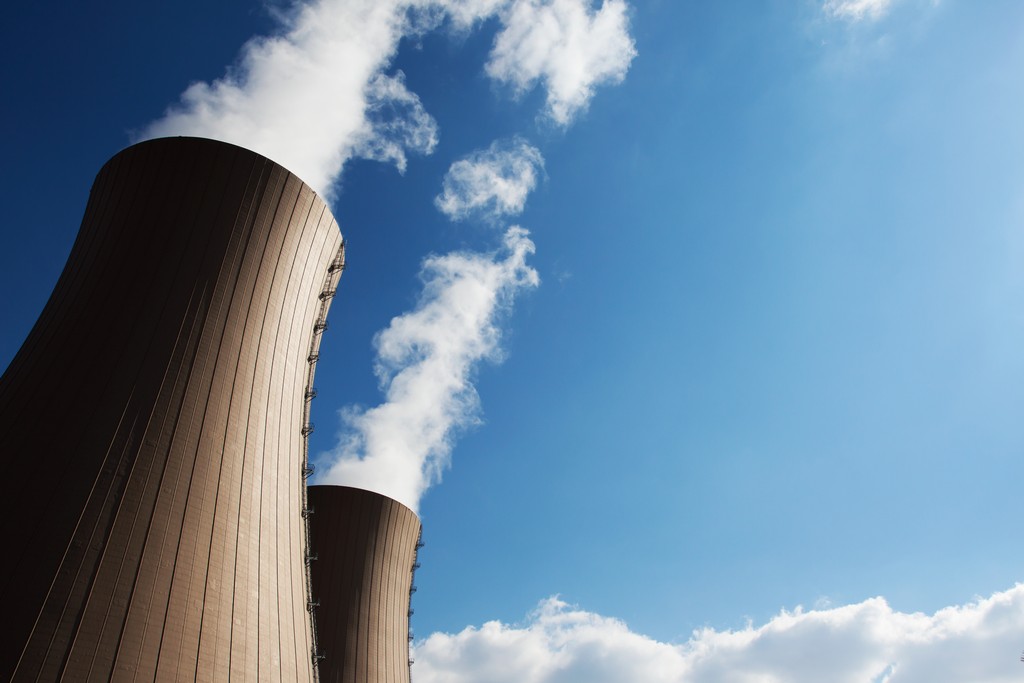Makakamura daw sa nuclear: Environmentalist pushing for PH to use nuclear energy
- January 24, 2019
- 0

In his TED Talk, Environmental Progres
s President Michael Shellenberger said choosing nuclear energy will help the country remove poverty and protect the environment.
“In the Philippines, energy is just too expensive. [M]oving to nuclear electricity gives you cheaper and cleaner energy,” he said during his TED Talk before the Department of Energy-Nuclear Energy Programme Implementing Organization.
“Nuclear actually produces the least amount of air pollution of all energy sources,” he added.
He also noted that the country imports 90 percent of its energy.
Shellenberger said that Philippines needs nuclear in order to make high-paying jobs and save billions spent on importing coal, oil, and natural gas. Ren
ewable energy sources such as solar and win
d are too expensive, unreliable, and require too much land area.
“Wind and solar don’t generate electricity most of the time. In the Philippines every year, solar generates only 15 percent of the time,” he said. “So you have to basically pay for electricity twice: for the solar panels and for power plants to operate when the sun is not shining or the wind is not blowing.”
He noted that countries like United States, South Korea, and Taiwan are reinstating their nuclear plants for economic and environmental reasons.
He also put an end to “ridiculous” claims that nuclear plants were vulnerable to terrorism as the Philippines doesn’t have the facilities to process nuclear bombs.
“Nuclear energy is the safest way to make electricity. It produces no deadly smoke. While people were scared of Fukushima and other accidents, the only harm was from panic, not radiation, which proves that our fears of nuclear are more dangerous than the technology,” he said.
Shellenberger adviced stakeholders to use social media to start discussing the “importance” of shifting to nuclear energy.
“It’s really important for ordinary Filipinos to become active on this issue. Social media has been a very powerful tool,” Shellenberger said.
“It’s surprising that this thing (nuclear) that we think is most dangerous is in fact the safest. This thing that we think kills people actually saves lives. This thing that we associate with the military is actually a tool for peace. This thing that we associate with the past is actually the future,” he added.
Total power demand nationwide for 2019 is expected to rise to 11.2 GW in Luzon, which is four percent higher than the 10.8 GW last year. As population continues to grow and with the acceleration of econom
ic development, the demand will continue to rise.
“Supply will be tight and demand will be high, and the reserves will be just enough given the scheduled maintenance,” the Department of Energy said.
The country has yet to use the shelved Bataan Nuclear Power Plant built in 1976 during the Marcos administration.